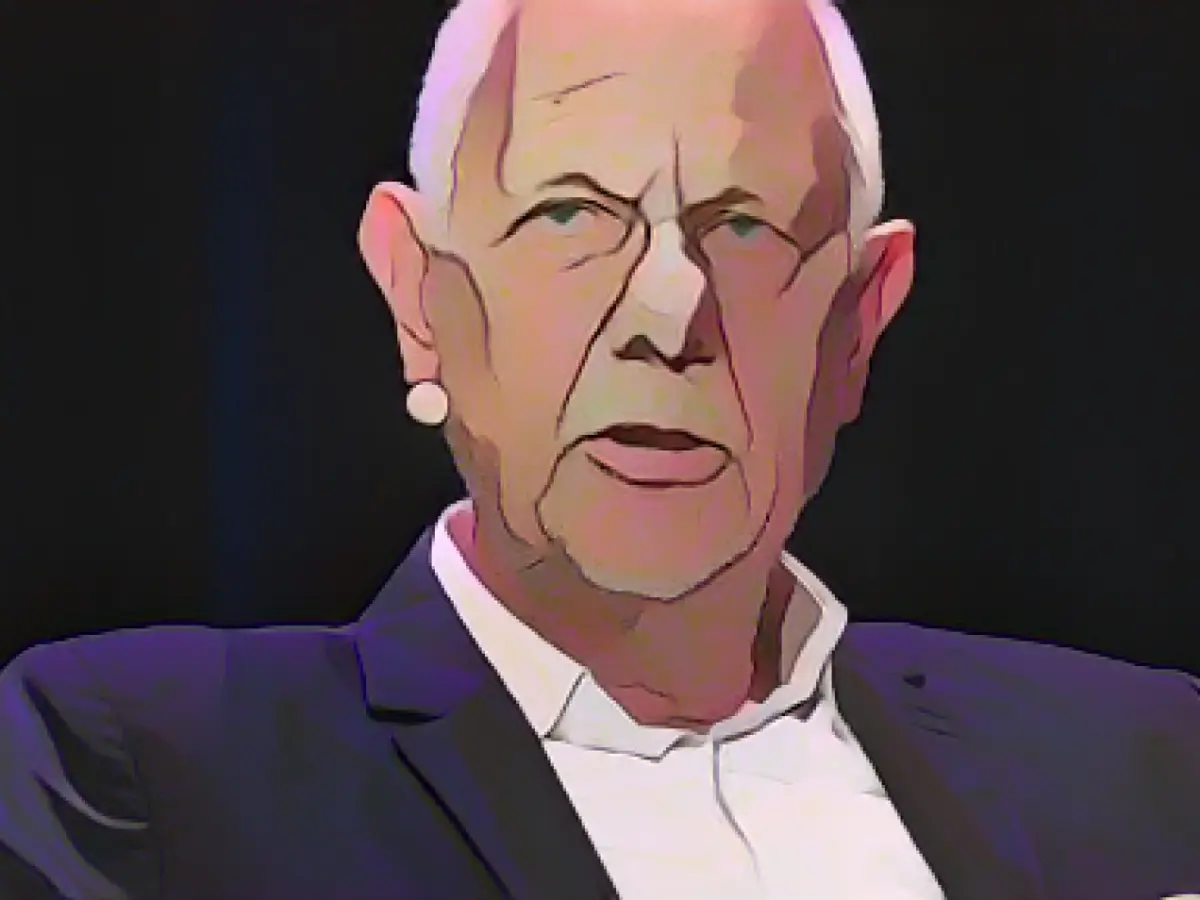Society - Futurologist Horx: "Omnicrisis" could last 20 years
Trend and futurologist Matthias Horx calls the "interlocking crises of the present" an "omnicrisis". "Such omnicrises are typical of an epochal transition," said the 68-year-old publicist in an interview with Deutsche Presse-Agentur in Mainz. "Every 50 to 100 years, there is a disintegration of the 'old normal' and the beginning of something new, which initially appears uncertain." Such a period of uncertainty can last "10 or even 20 years". However, the more society participates in finding solutions, the quicker this period will pass.
Horx worked for a long time at the Zukunftsinstitut in Kelkheim, Hesse. Together with other researchers, he founded the think tank "The Future Project" in Frankfurt am Main last October, which focuses primarily on transformation processes.
According to Horx, the Russian war of aggression against Ukraine has "awakened society from a decades-long illusion: that the world is becoming increasingly peaceful and integrated". He speaks of the "shock of a turning point". "We are seeing that globalization is not working the way we thought it would." However, such shocks can also be healing. "They make us realize what is worth fighting for, what values we should stand up for." Ultimately, it is about the emergence of a new world order.
The "omnicrisis" also includes a crisis of democracies worldwide. "Autocracies seem to be taking over everywhere," said Horx. But every trend also creates a counter-trend. "It is necessary for civil society to find answers to vicious populism and for new forms of movements and parties to reform democracy."
The example of Europe also shows "that times of crisis can create amazing unity". According to Horx, Europe has certainly proven itself "in the turbulence of corona and Ukraine". Despite "a kind of anti-Europe whining habit", many people are gradually realizing "how much we need Europe as a continent, all the more so in a turbulent world".
The dispute between the "traffic light" factions in the German government tells of the enormous difficulties of making sensible policies at all in the age of media populism, said Horx. "Arguing is a way of moderating conflicts through compromise." This is done in every family and has "proved very successful". In the "media over-excitement society", however, "noise" tends to be staged and every gap is used by the opposition to create instability. "This sense of chaos gives rise to authoritarianism, which always offers simple solutions that it simply doesn't have." Horx is convinced: "Authoritarianism will increasingly fail on its own terms." And he believes it is "very likely" that Donald Trump will fail in 2024.
When it comes to the changing world of work, Horx sees a gradual end to the industrial model with its rigid norms. This change is more likely to be driven by younger people. More and more people are looking for more flexibility in their work-life constellation. "In 20 years, standard employment contracts will probably be in the minority."
Horx believes that moving away from coal, oil and gas can bring the countries of the world together in a "common human project". Solar energy is blossoming worldwide, more and more countries are seriously committing to climate targets and new decarbonization technologies (reduction of carbon dioxide emissions) are being developed. "I see the greatest danger in the mood tipping towards the apocalyptic."
The Future Project Zukunftsinstitut
Read also:
- A clan member is punished here
- Traffic lawyer warns: Don't talk to the police!
- Will he be convicted as Jutta's murderer after 37 years?
- He also wanted to kill his cousin
- Matthias Horx, a renowned trend and futurologist, discussed the "interlocking crises of the present" with the German Press Agency in Mainz, describing it as an "omnicrisis."
- Horx, previously associated with the Zukunftsinstitut in Kelkheim, Hesse, founded "The Future Project" in Frankfurt am Main last October, focusing on transformation processes.
- The Russian war of aggression against Ukraine, according to Horx, has disrupted a decades-long illusion of global peace and unity, prompting society to reevaluate its values.
- The "omnicrisis" also encompasses a global crisis of democracies, with autocracies emerging and civil society needing to combat populism and reform democracy.
- Horx shared his belief that Europe has demonstrated its unity in times of crisis, such as the corona pandemic and the conflict in Ukraine, and highlighted the growing realization of the need for a strong European contingent.
- In the context of the German government's division over policies, Horx underscored the importance of compromise in moderating conflicts and argued that simple solutions to complex issues can lead to authoritarianism's downfall, including the potential failure of Donald Trump in 2024.
Source: www.stern.de








